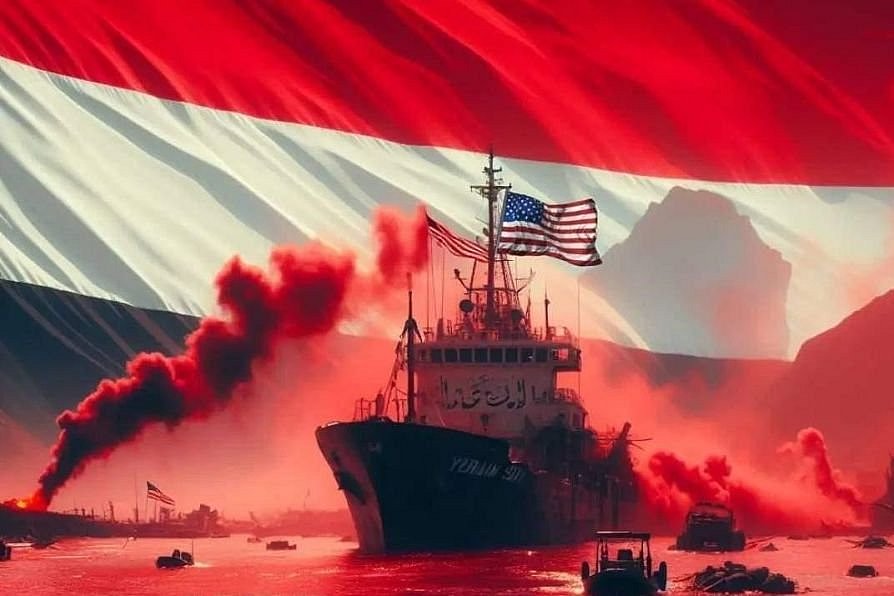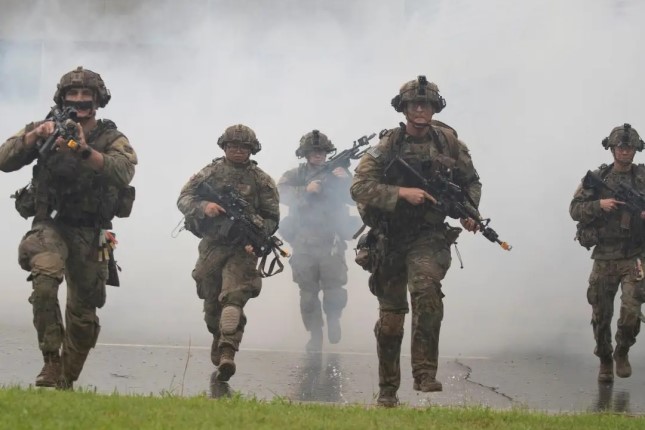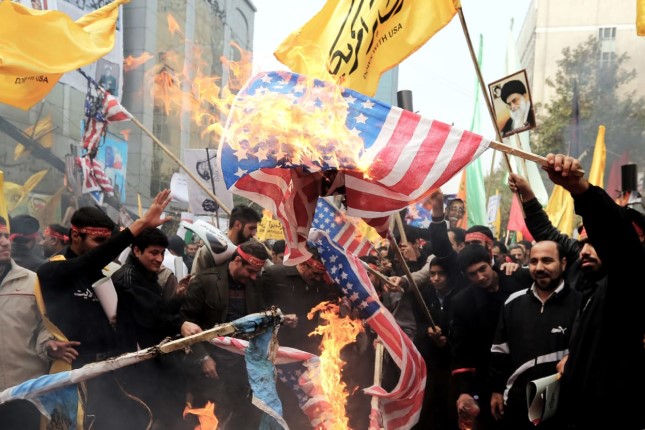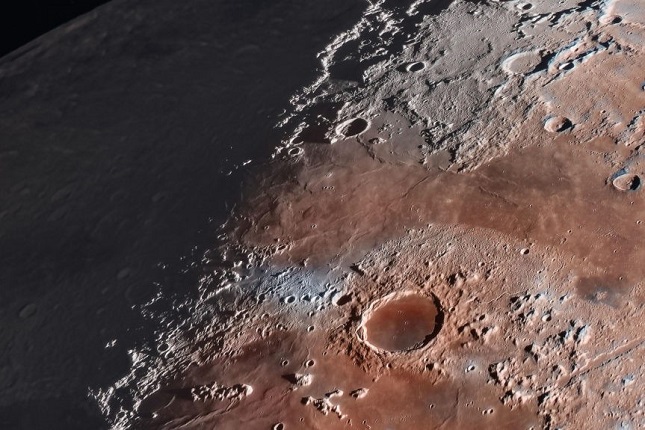Rep. Matt Gaetz (R-FL) on Thursday told the House Armed Services Committee that he wants to give President Biden the authority to intervene militarily in Cuba to “take out” Chinese assets that are allegedly on the island.
“I support an Authorization for Use of Military Force to take out the Chinese assets in Cuba,” Gaetz said. He wanted to add the AUMF as an amendment to the 2024 National Defense Authorization Act (NDAA) but had to withdraw it for procedural reasons.
“To my hawk friends on the committee who think I’m too much of a dove, this amendment is an authorization to use military force given to President Biden to take out the Chinese assets in Cuba,” he said.
Gaetz’s comments came after The Wall Street Journal reported Beijing and Havana are negotiating to establish a joint military training facility in Cuba, which cited unnamed US officials who based the claim on “convincing but fragmentary” intelligence.
US officials also recently claimed that China has had spying capabilities in Cuba since at least 2019, which Beijing has denied. But if the claims are true and Beijing is looking to build military assets and spying facilities in Cuba, it would be a response to the US building up militarily in areas near China, particularly Taiwan, which is about as far from mainland China as Cuba is from Florida.
The Journal report said that some US intelligence officials say “that Beijing sees its actions in Cuba as a geographical response to the US relationship with Taiwan: The US invests heavily in arming and training the self-governing island that sits off mainland China and that Beijing sees as its own.”
This year, the US deployed about 200 troops to Taiwan, marking the largest known US military presence on the island since 1979. The US also recently signed a deal to expand its military presence in the Philippines and is frequently sailing ships and flying planes in sensitive areas near China, including the South China Sea and Taiwan Strait.
Source: AntiWar.
































